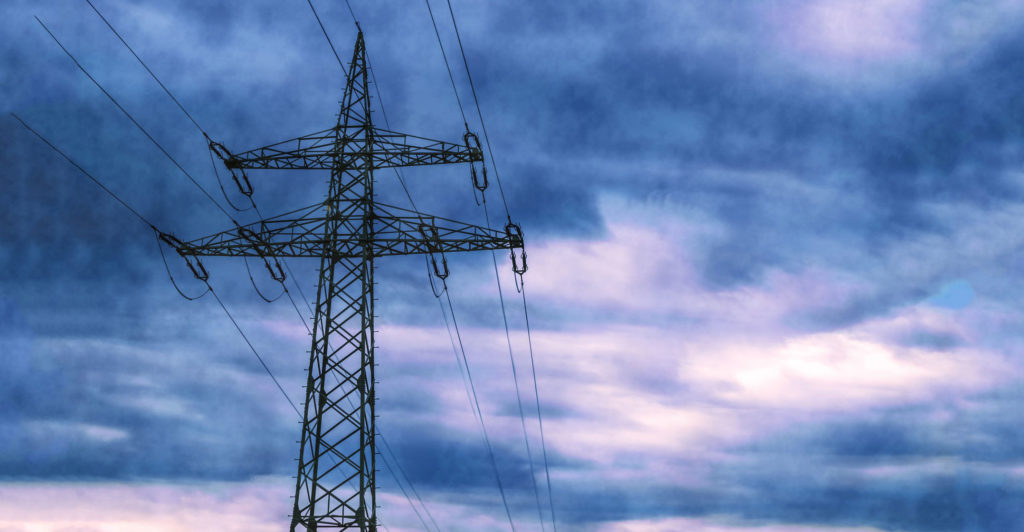 South Africa’s power cuts hurt the economy in the fourth quarter, and two data points on Tuesday showed just how bad it was.
South Africa’s power cuts hurt the economy in the fourth quarter, and two data points on Tuesday showed just how bad it was.
Production by South African manufacturers fell the most in five-and-a-half years in December. And for the first time in at least 11 years, the unemployment rate didn’t fall in the fourth quarter.
Eskom, generator of about 95% of the nation’s electricity, implemented the widest blackouts yet in December to prevent the grid from collapsing. That weighed on business confidence, adding to the negative sentiment about the utility’s finances that’s already made investors nervous.
“We are now seeing how the Eskom problems are starting to show up in the official data,” said Jacques Nel, and economist at NKC African Economics in Paarl, outside Cape Town.
The unemployment rate stayed at the highest in at least a decade. The trade and manufacturing sectors shed the most jobs in the fourth quarter, a period during which retailers often employ extra temporary staff in anticipation of a pickup in Christmas-related sales.
‘Concerning’
The jobless number is “a sign of how weak the economy is: business confidence is bad, consumer confidence is in negative territory and growth remains weak”, said Christie Viljoen, an economist at PwC. The decline in trade jobs “shouldn’t have been the case in the fourth quarter with Black Friday and Christmas. It shows that retailers were preparing for a disappointing festive season, which is concerning.”
Tuesday’s data won’t be the last to show the negative impact of the December outages. While retail sales probably grew, a Bloomberg survey shows it would have been slower than in November. And a report due on Thursday may show mining production dropped 3.5% in the last month of the year, the most since the previous December, according to the median estimate of five economists in a separate survey.
“It is an Eskom story, but also one of weak domestic demand. That miners and manufacturers were forced to shut their operations earlier than expected certainly contributed to the decline. However, the sharp decline in motor vehicles underscores the weak demand environment,” said economist Boingotlo Gasealahwe. — Reported by Rene Vollgraaff and Prinesha Naidoo, (c) 2020 Bloomberg LP




